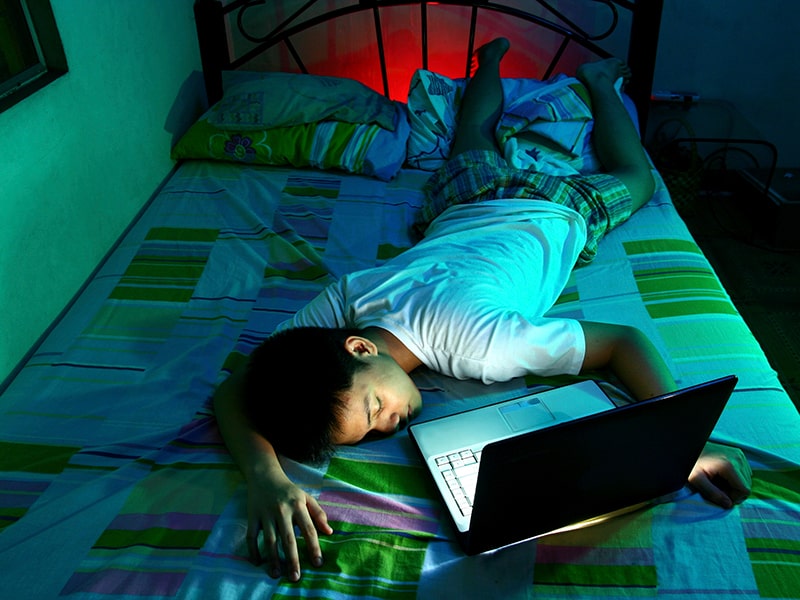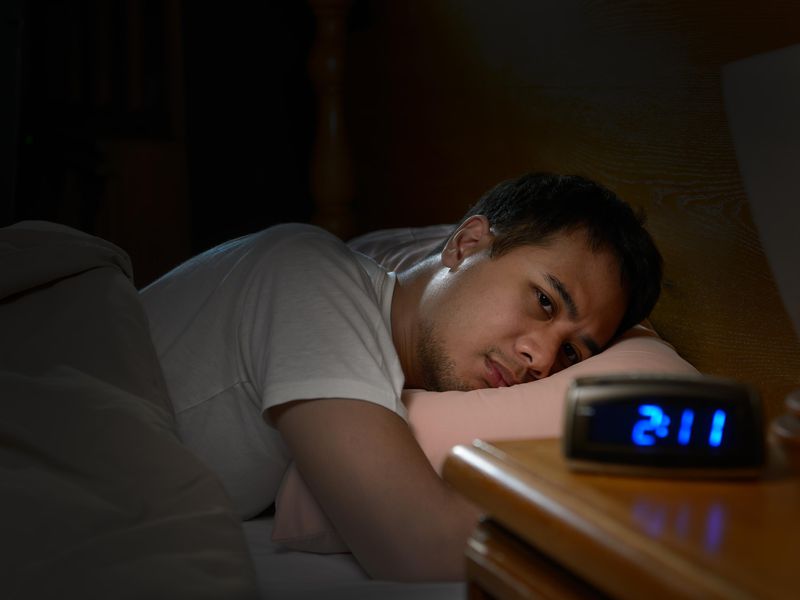Are you a night owl that keeps up late viewing tv, servicing your computer system or taking part in social networking or gaming? Do you have children or teenagers that hang out on the computer system after supper or chat on Skype till bedtime?
Modern technology is a wonderful thing and also we would not be without it. However there are areas of our life where modern technology can impede as opposed to help – as well as all-natural sleep is one of those areas. The biggest offenders are computer systems – whose intense, interactive as well as dynamic displays stimulate our minds as opposed to enabling them to kick back.
Modern technology and sleep do not blend
A current survey by the National Sleep Foundation of America found that approximately two thirds of those surveyed did not have their sleep needs satisfied during the week.
According to Charles Czeisler PhD, MD, (Harvard Medical School as well as Brigham and Women’s Hospital) making use of technology in the hr before bedtime may add to this. Czeisler stated exposure to man-made light (such as computer as well as television screens) in between dusk and bedtime can affect our ability to fall asleep, as it reduces the release of melatonin (the sleep-promoting hormone), enhances alertness and also moves the body clock to a later hour.
So if you’re like the 95% of study -responders who said they utilized some kind of innovation before they went to sleep, the secret to a much better evening’s rest might merely be switching off a little earlier at night. By producing an interval between your display and your bedtime, and utilizing this moment for unwinding activities such as reading, reflection or massage therapy, you’re setting on your own up for an excellent night’s sleep.
It’s not simply grownups that need to limit their technical communications prior to going to bed. Kid’s rooms are increasingly ending up being multimedia centres. In the UK, Ofcom’s 2008 findings reported that children aged 8-11 years had approximately four media gadgets in their spaces, and also children aged 12-15 years had an average of 6!

The use of the net in children’s bedrooms had substantially enhanced from 2005 – to 9% in 8-11 years of age as well as 20% in 12-15 year olds. With the myriad of mobile phones currently available, usage in today day is even higher. It is very important to monitor your kid’s direct exposure to screens before going to bed, specifically if they are having issues with resting.
While you were resting …
Turning off before bed is great, yet what regarding while you are sleeping? Turn out your bedroom lights and also – when your eyes adjust – take a look around. How many little lights do you see coming from the television, your cellphone or the electronic clock? Are streetlights streaming with gaps in the curtains?
Even the tiniest quantity of light can disrupt your rest patterns so try to reduce its effect. In her publication “The Happiness Project” Gretchen Rubin speaks about exactly how she obstructed the light from all her bed room gadgets, and located that although it was a little challenging to complete it made dropping off to sleep a lot easier.
For a better evening’s sleep:
· Be ‘screen complimentary’ in the hr or 2 prior to going to bed as well as utilize this moment for relaxation – reading, conversation, meditation or massage
· eliminate as numerous items of innovation from all rooms as feasible
· utilize an eye mask to block out light (it can also be made use of for leisure throughout the day).
· if any type of gadget have to stay, hide lights (adhesive tape or a piece of textile works well). For digital clocks, turn the face away so you are not tempted to look at it if you wake in the night.
Kindly click this link http://www.tmcnet.com/topics/articles/2020/02/12/444442-sleep-technology-innovations-that-changing-world.htm for more info.









